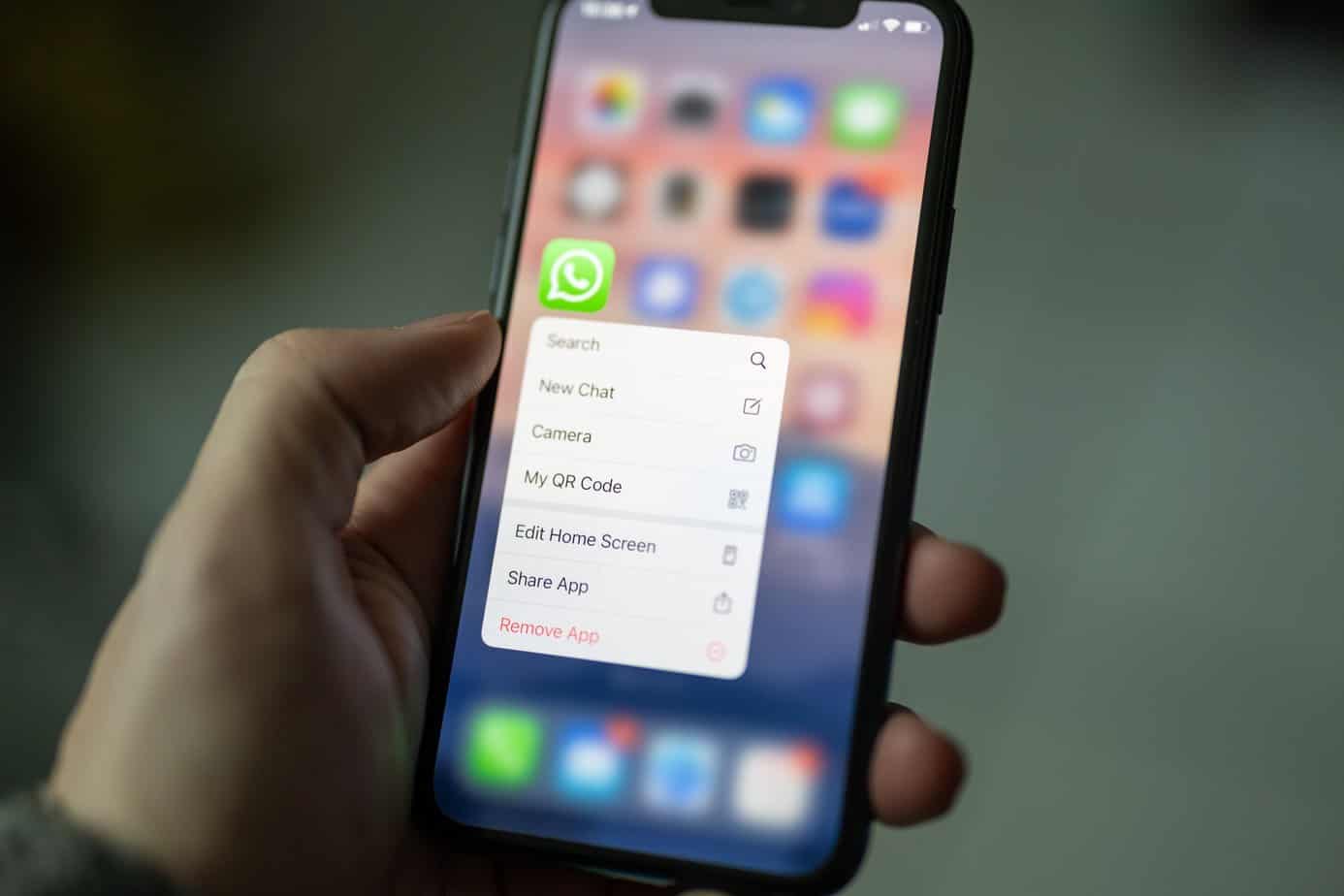
Six years ago, when Facebook acquired WhatsApp, everyone reasonably assumed that it was a matter of time before our personal data was shared with the social media giant.
Those fears were, of course, correct, and gradually the new owner simply took away a fair amount of privacy from users. The times when we could fully trust this application are over. Therefore, we present the current best alternatives to WhatsApp.
The application is free and, more importantly, open source. This means that anyone, especially security experts, can examine the code base for security holes and bugs. All your information and communication data is encrypted. In addition to text messages, you can make voice and video calls and use group chats. A few privacy-focused additions include screen capture blocking and message self-destruction.
The app’s owner promises no ads, affiliate marketing or any form of user tracking. This may be guaranteed by the fact that Signal is owned by an independent nonprofit organization and is not owned by another major technology company – so its privacy policies are unlikely to change.
Another app that takes privacy seriously is Switzerland’s Threema. It’s an open source platform that handles encrypted messages, as well as voice and video calls. Even status updates are protected. The developers argue that all data is stored on your device, not on servers.
Threema allows you to create anonymous, encrypted backups of your contacts, groups, settings and selected data, which you can transfer to another device when you change platforms. More importantly, it doesn’t rely on a phone number. Instead, it generates a unique 8-digit ID for each user, allowing you to use the service without providing any identifying information.
There is a fee for the app – in Poland it’s a one-time fee of about PLN 19.
Telegram is free, just like WhatsApp, but offers many more features. For example, you can create group conversations (or channels) with up to 200,000 participants and send files up to 2 GB without any problems, as well as animated stickers with the ability to create your own.
Like Signal, Telegram is an open source service, which means that anyone can independently review the code for bugs and vulnerabilities. However, it is important to note that only “secret chats” are encrypted and must be enabled manually. The application does, however, allow you to hide your phone number by giving your username t.me/xyz. This way, even if you are talking to another person, he or she will not recognize your phone number unless you give permission. Recently, Telegram’s creator confirmed the introduction of a paid premium version for those willing to use it. The basic variant, however, will remain free.
Discord is no longer just a player-focused platform. Starting with the communication aspect, in addition to voice and video calls, you can exchange text messages, GIFs, emoticons and even documents. A big plus of Discord is its integration with services such as Spotify, Twitch, YouTube, Steam, Reddit, Facebook and Twitter, to name a few. Recommended channels are a great way to browse content that matches your interests.
In addition to the mentioned alternatives, it’s also worth looking at instant messaging apps such as Wire or Viber, and even Skype.
main photo: unsplash.com/Dimitri Karastelev